
往日改日进行时默示在对往日某一时间而言的改日某一时辰或某一段时间正在进行的举动。它常和表往日改日的时间状语连用,但上下文清晰时,时间状语亦可简略节略。形成式样为“would + be +而今分词”。
二、以前异日进行时的组成
往时异日进行时由“would + be +此刻分词”形成。如:
I thought you’d be sleeping.我认为你在寝息哩。
She said she would be looking after you.她说她会关照你的。
He didn’t know when he’d be seeing us again.他不知道什么时候他会再见到们。
I asked her what she would be doing on Saturday.我问她星期六干什么。
He said that he would be seeing me off on the l0 o’clock train.他说他将送我乘10点钟的火车走。
They moved to the main entrance where the car would be waiting.他们向大门走去,那辆车会在那儿那边等着。
畴昔异日进行时的基本概念、式子和用法
昔时异日进行时(future-in-the-past continuous tense)体现在对昔时某一时间而言的异日某一时候或某一段时间正在进行的手脚。
1)以前改日进行时的形态由should be(第一人称)或would be(第二、三人称)加目下当今分词组成。美国英语一致用would。
2)以前来日进行时的用法
a)示意在往时的将来的某一期间或某段时间正在进行的行动。如:
He asked me what I should be doing at ten the next day.他问我第二天十点钟我将干什么。
They said that they would be expecting us the next week.他们说他们下个星期等我们去。
b)暗示在已往某一时间之后马上或按计划进行的行为。如:
He said he could not come because he would be haying a meeting.他说他不行来,原因要开会。
怎样,看完了这篇文章,网友是否是对过去来日进行时的用法有了开端的探询了呢?喜好就连忙珍藏起来吧~
智能推荐
-

过去进行时是什么意思(过去进行时是什么)2023-08-15 昔时进行时是英语考核中常考的一个语法点,它示意昔时在某一时间段或某一段时间内正在产生或进行的行动或状况
-
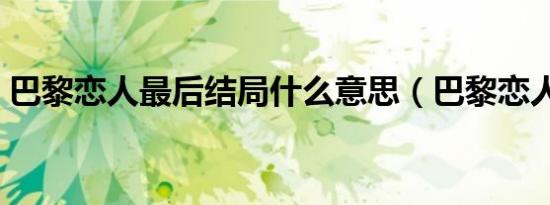
巴黎恋人最后结局什么意思(巴黎恋人结局)2023-07-27 大家好,小讯来为大家解答以上的问题。巴黎恋人最后结局什么意思,巴黎恋人结局这个很多人还不知道,现在让我们一起来看看吧
-
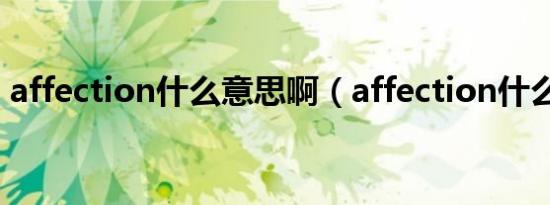
affection什么意思啊(affection什么意思)2023-07-21 大家好,小阳来为大家解答以上的问题。affection什么意思啊,affection什么意思这个很多人还不知道,现在让我们一起来看看吧
-
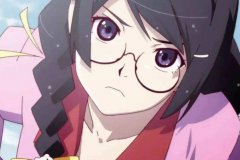
眼镜娘是什么意思:佩戴着眼镜的年轻女性(ACGN界用语)2023-07-18 在日常生活中,眼镜是近视眼必备的对象,同时也是一个重要的表面装饰。在部分作品中还呈现了“眼镜娘”这个概念,那么“眼镜娘&rdq
-

利润表的概念与作用分别是什么意思(利润表的概念与作用分别是什么)2023-07-21 大家好,小裕来为大家解答以上问题。利润表的概念与作用分别是什么意思,利润表的概念与作用分别是什么这个很多人还不清楚,现在一起跟着小编来瞧瞧吧
-
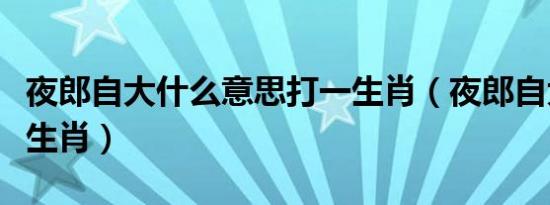
夜郎自大什么意思打一生肖(夜郎自大是什么生肖)2023-07-21 大家好,小阳来为大家解答以上的问题。夜郎自大什么意思打一生肖,夜郎自大是什么生肖这个很多人还不知道,现在让我们一起来看看吧
-

空间人气的排名名称是什么意思(空间人气的排名名称是什么)2023-07-20 大家好,我是小小根,我来为大家解答以上问题。空间人气的排名名称是什么意思,空间人气的排名名称是什么很多人还不知道,现在让我们一起来看看吧
-

线结反应是什么意思(线结)2023-07-19 大家好,小金来为大家解答以上的问题。线结反应是什么意思,线结这个很多人还不知道,现在让我们一起来看看吧
-
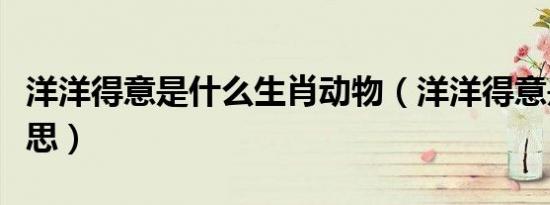
洋洋得意是什么生肖动物(洋洋得意是什么意思)2023-07-20 大家好,小阳来为大家解答以上的问题。洋洋得意是什么生肖动物,洋洋得意是什么意思这个很多人还不知道,现在让我们一起来看看吧
-

天门中断楚江开下一句是什么意思(天门中断楚江开下一句)2023-07-23 大家好,我是小跳,我来为大家解答以上问题。天门中断楚江开下一句是什么意思,天门中断楚江开下一句很多人还不知道,现在让我们一起来看看吧
-

过去将来完成进行时的结构和用法(过去将来完成进行时的结构及用法)2023-08-29 畴前来日完成进行时表行为从畴前某一时间开始向来延续到畴前来日某一时间。行为能否不断下去,由上下文决计
-
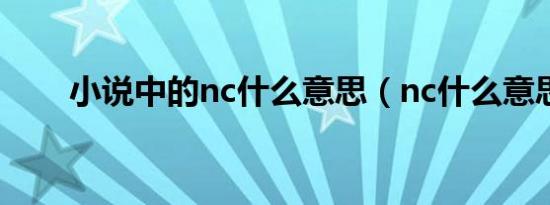
小说中的nc什么意思(nc什么意思)2023-07-26 大家好,小讯来为大家解答以上的问题。小说中的nc什么意思,nc什么意思这个很多人还不知道,现在让我们一起来看看吧
